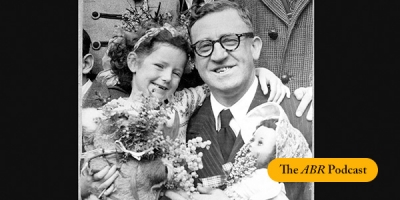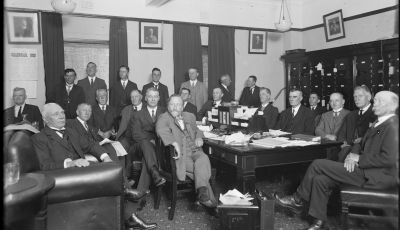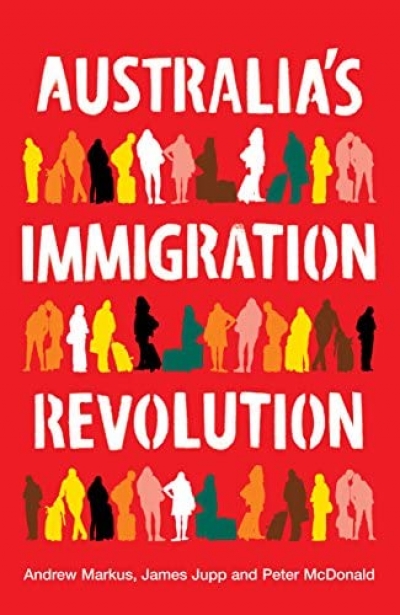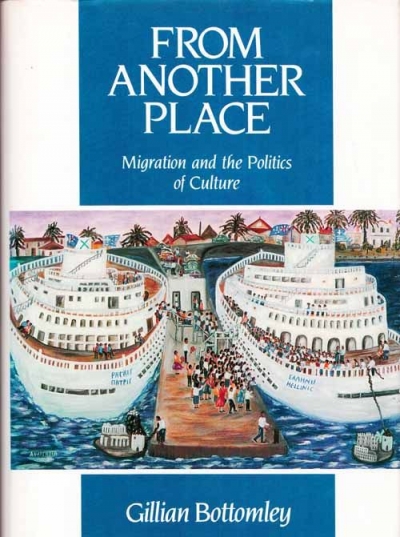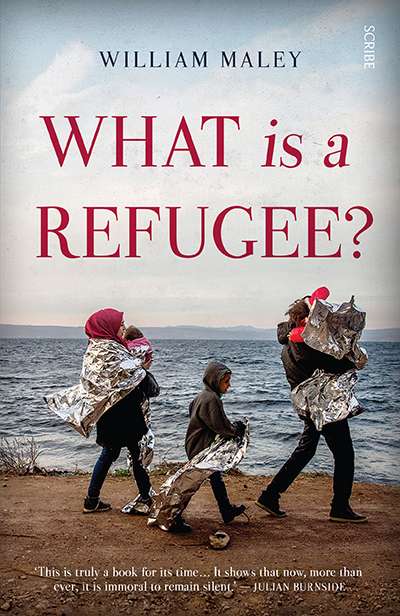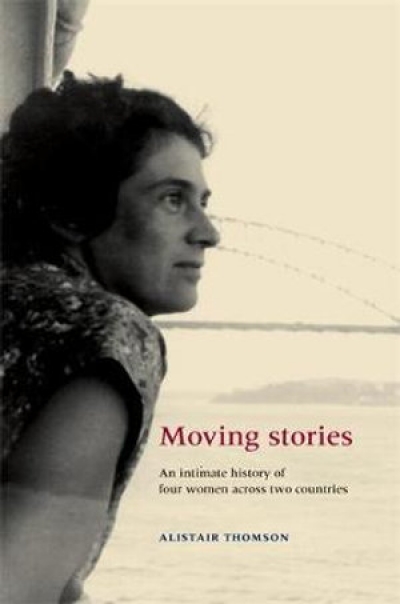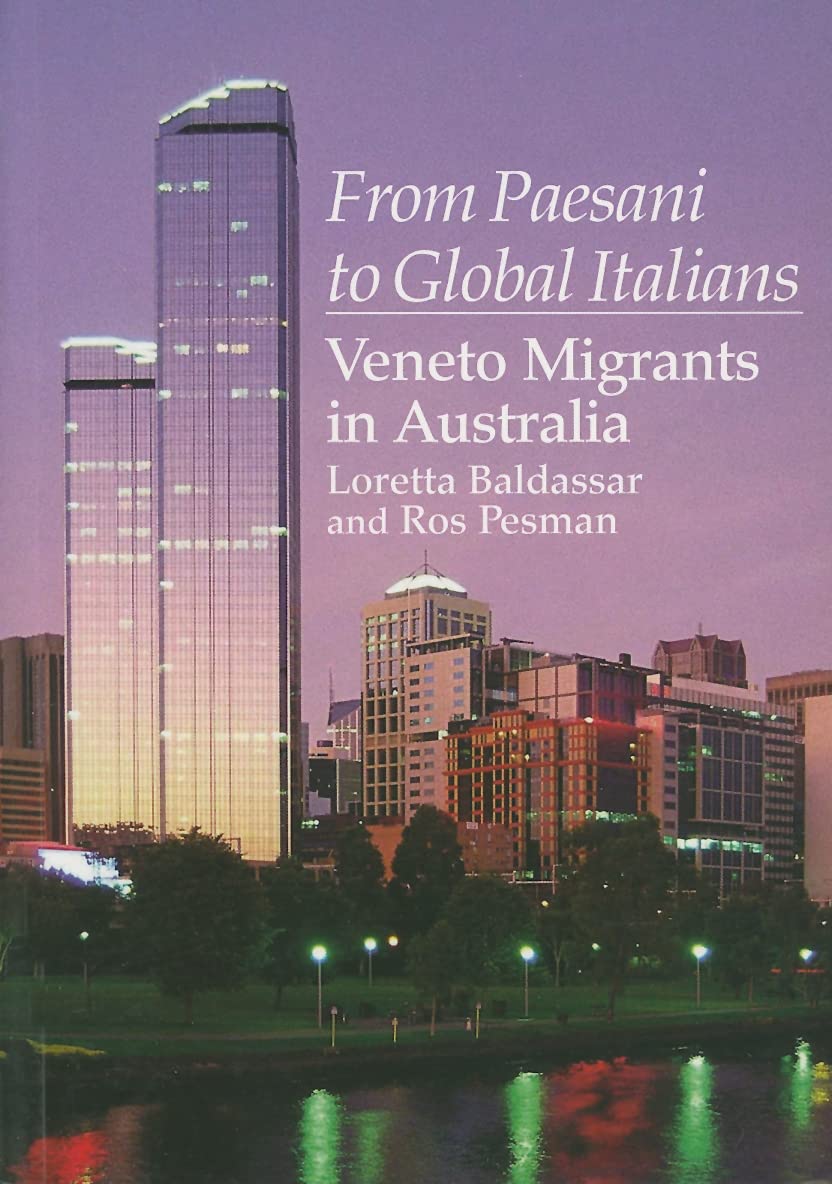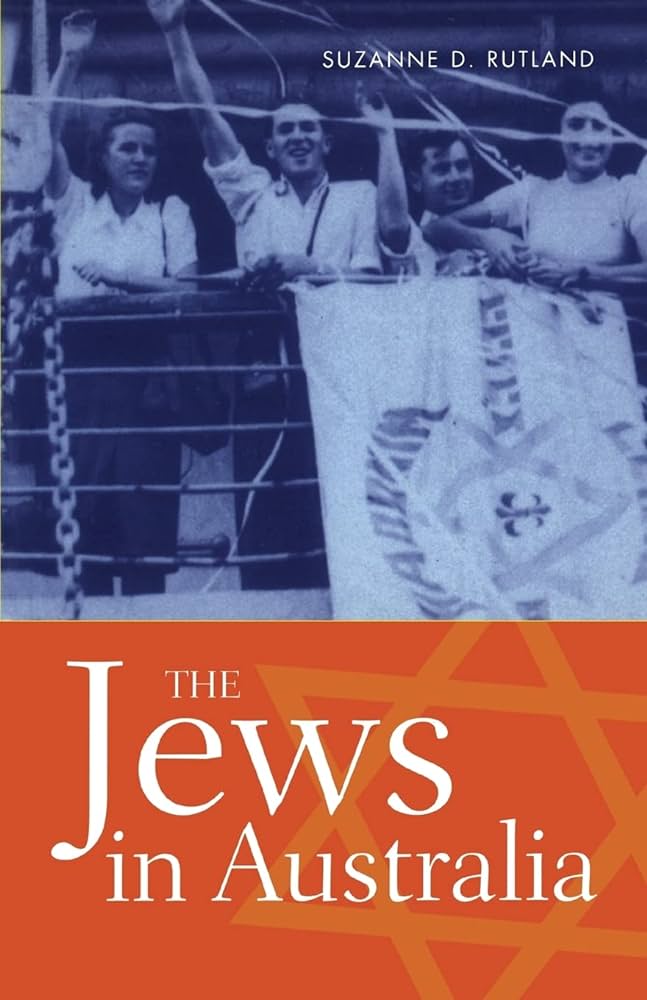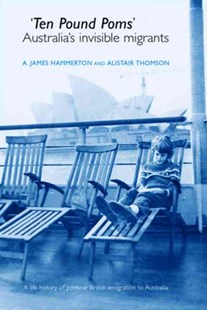Immigration
Film | Theatre | Art | Opera | Music | Television | Festivals
Welcome to ABR Arts, home to some of Australia's best arts journalism. We review film, theatre, opera, music, television, art exhibitions – and more. To read ABR Arts articles in full, subscribe to ABR or take out an ABR Arts subscription. Both packages give full access to our arts reviews the moment they are published online and to our extensive arts archive.
Meanwhile, the ABR Arts e-newsletter, published every second Tuesday, will keep you up-to-date as to our recent arts reviews.
Recent reviews
In this week’s ABR Podcast, we revisit the Australian Labor Party’s long and uneasy relationship with immigration. Dr Ebony Nilsson, a research fellow at the Australian Catholic University, argues that while the ALP no longer looks like a ‘happy white men’s club’, its policies on immigration reflect a longstanding ambivalence around race. Listen to Ebony Nilsson’s ‘A happy white men’s club: The Australian Labor Party’s uneasy history with immigration’, published in the July issue of ABR.
... (read more)On election day in 2022, thousands of Australian voters – perhaps already in line at their local primary school, democracy sausage in hand – received this text message. Refugees had not been a hot-button issue in this election, and the messages were generally seen as an unsuccessful last-ditch effort by a Coalition government already on the ropes. But the new Albanese Labor government was quick to confirm, just a day after being sworn in, that it had turned the boat back without hesitation. A public warning was issued to people smugglers that Australia’s border policy remained iron-clad and inflexible. Such statements are usually for the benefit of the Australian public, rather than an imagined audience of people smugglers.
... (read more)
